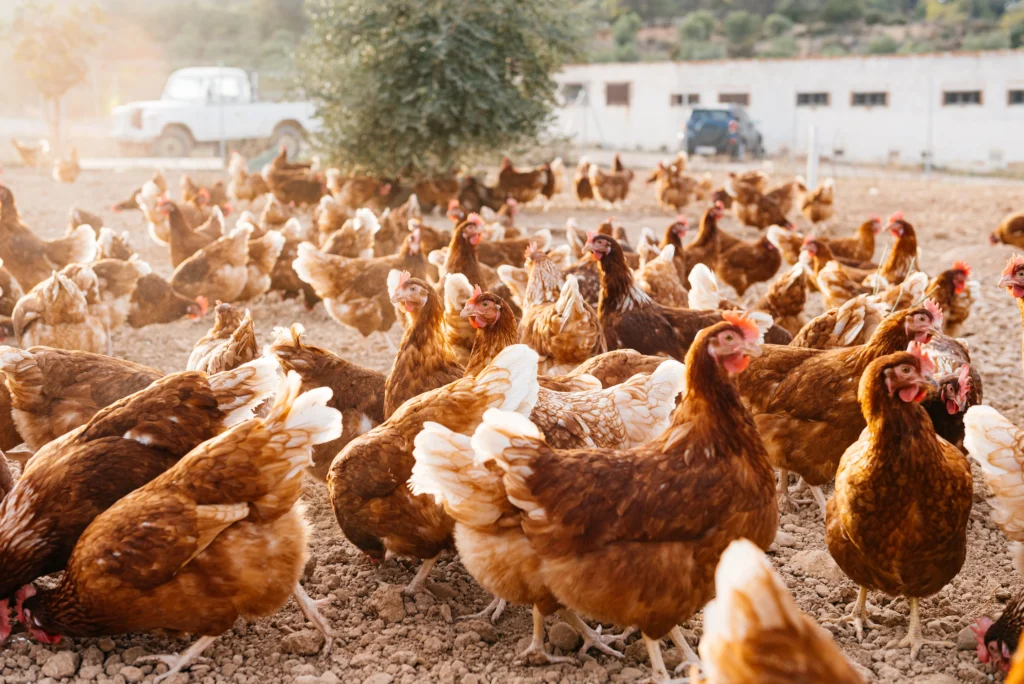Ghana’s Economic Outlook: What It Means for the Poultry Sector
Ghana’s Economic Outlook: What It Means for the Poultry Sector…
Discover why investing in Ghana’s local egg industry is crucial for national food independence, economic stability, and healthier communities.

In Ghana, eggs aren’t just a breakfast staple; they’re a vital source of protein and a cornerstone of family nutrition. Yet, a significant portion of the eggs consumed across our nation still arrives from distant shores. This reliance on foreign imports impacts more than just our grocery bills; it touches the very core of our national food security and economic resilience.
The Current Challenge: A Growing Appetite, a Persistent Gap
Ghana’s population is expanding rapidly, and with it, the demand for affordable, nutritious food. While our local farmers work hard, domestic egg production currently falls short of meeting this surging demand. This deficit necessitates continuous imports, making our market vulnerable to global price fluctuations, supply chain disruptions, and currency volatility. When international prices for eggs rise, Ghanaian families feel the pinch directly in their pockets.
Building Resilience: The Power of Local Production
Increasing local egg production isn’t just a business opportunity; it’s a strategic imperative for national stability. Here’s why fostering a strong domestic poultry sector is crucial for Ghana’s food security:
Eggcellent Farms: Leading the Way
At Eggcellent Farms, we’re dedicated to addressing this national challenge head-on. By establishing modern, efficient, and community-focused poultry operations, we aim to significantly boost Ghana’s domestic egg supply. Our commitment extends beyond just production; we’re focused on creating sustainable jobs, empowering local talent, and contributing to a more self-sufficient and prosperous Ghana. We believe that by building local capacity, we’re not just feeding a nation, but also nurturing its future.
Ghana’s Economic Outlook: What It Means for the Poultry Sector…
Building Sustainable Communities Through Local Poultry Farming Discover how investing…
Government Initiatives and Their Impact on Ghana’s Poultry Sector Explore…
Be first to know about our progress, site visits, and exclusive insights into Ghana’s egg market